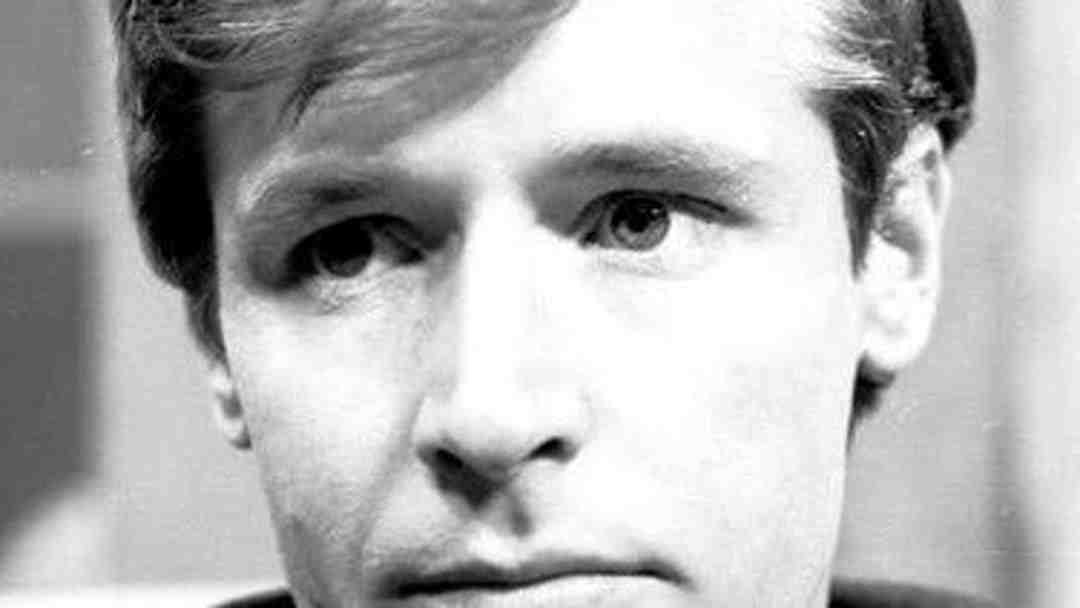
Introduction
Robin Williams, an iconic figure in the world of entertainment, remains a beacon of joy and inspiration for many, years after his tragic passing in 2014. His ability to seamlessly blend comedy with poignant social commentary made him not only a beloved actor but also a cultural hero. As mental health awareness continues to grow, Williams’s life and struggle with depression highlights the importance of empathy and understanding within both the public and private spheres.
Life and Career
Born on July 21, 1951, in Chicago, Illinois, Williams showed an affinity for performance from a young age. He gained global fame through his stand-up comedy and subsequent roles in television shows such as ‘Mork & Mindy’. His stellar film career included beloved titles such as ‘Good Will Hunting’, which earned him an Academy Award for Best Supporting Actor, and ‘Mrs. Doubtfire’, both showcasing his remarkable talent and versatility.
Williams’s unique style, often characterised by rapid-fire improvisation and heartfelt sincerity, resonated with audiences of all ages. Beyond his comedic genius, he was known for his philanthropic efforts, particularly in advocating for the homeless and supporting mental health initiatives.
The Struggles Behind the Laughter
Despite his success, Williams battled severe depression and addiction throughout his life. His struggle was not widely known during his career, leading to revelations after his death, which shocked fans and colleagues alike. The Los Angeles County coroner’s report revealed that he had suffered from a severe case of Lewy Body Dementia, a debilitating disease that affects cognitive and motor function, highlighting how health issues can remain hidden even in the brightest of personalities.
Legacy and Continuing Influence
Since his passing, Robin Williams’s legacy continues to influence both the comedy landscape and discussions surrounding mental health. Numerous tributes from fans, fellow actors, and comedians reflect his lasting impact—memorials, documentaries, and social media tributes remind the world of his commitment to spreading joy, comedy, and understanding.
Moreover, initiatives inspired by Williams’s life, such as the ‘Robin Williams Foundation’, continue to provide support for mental health awareness and research, fostering conversations that might otherwise remain uncomfortable. His life serves as a potent reminder of the complexity of human emotions and the need for open dialogues about mental health.
Conclusion
Robin Williams’s remarkable life story encapsulates the duality of success and personal struggle. As we continue to celebrate his contributions to comedy and film, it becomes imperative for audiences to reflect on the importance of mental health awareness. By embracing Williams’s legacy, we can foster a more compassionate society where individuals are empowered to seek help and support, ensuring that the laughter he inspired lives on.
You may also like

Remembering Matthew Perry: A Look at His Life and Legacy

The Enduring Legacy of James Madison

The Enduring Legacy of William Roache in Coronation Street
SEARCH
LAST NEWS
- Remembering Wendy Richard: The Promise to Co-Star Natalie Cassidy
- How Did Anglian Water Achieve an ‘Essentials’ Rating for Mental Health Accessibility?
- Shai Hope Leads West Indies in T20 World Cup Clash Against South Africa
- What We Know About Weston McKennie: Future at Juventus and Past at Leeds
- What We Know About the Upcoming Live Nation Antitrust Trial